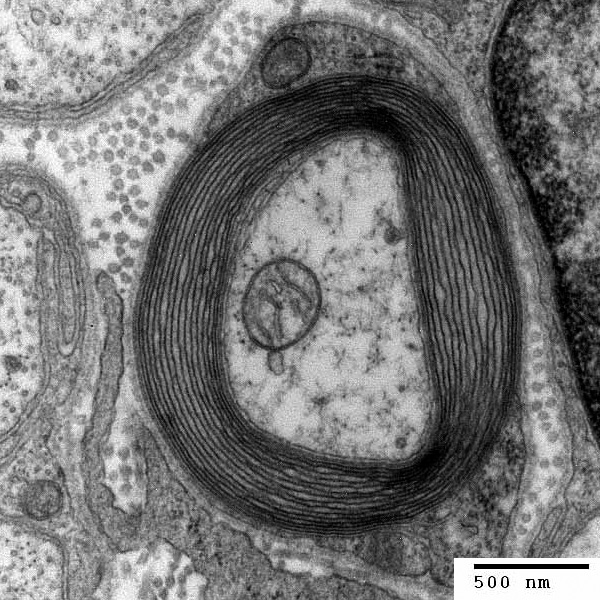
Scientists have discovered a significant clue as to how autism spectrum disorder affects the brain. This was an unexpected and exciting discovery for researchers who had been studying brain cells for another purpose. The findings, reported in the February 2020 issue of the journal, Nature Neuroscience, offer new insight into possible treatment.
This latest research identified abnormalities in cells, called oligodendrocytes, that produce the insulation that surrounds nerve cells in mouse and human brains. This insulation, called myelin, enables electrical signals to transmit quickly and efficiently from nerve cell to nerve cell in brain tissue. Having too little or too much myelin can create widespread neurological disorders, including multiple sclerosis.
The most intriguing part of this breakthrough is what it means for exploring future treatment. Future research will test compounds that affect oligodendrocytes and their production of myelin. The goal is to create compounds which increase or decrease the amount of myelin, or nerve insulation that these cells produce. Doing so could possibly prevent or reverse the symptoms of autism. Watch this space!

